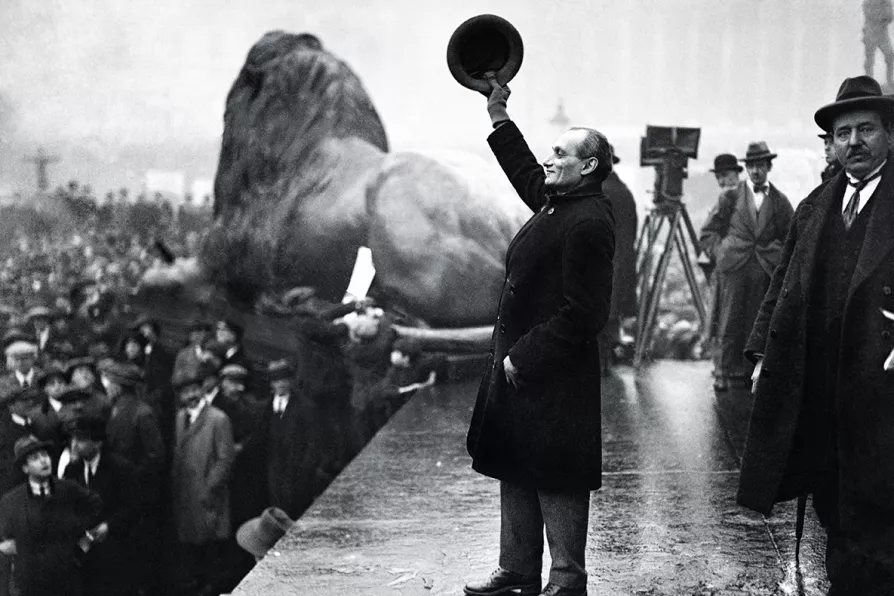John Wojcik pays tribute to a black US activist who spent six decades at the forefront of struggles for voting rights, economic justice and peace – reshaping US politics and inspiring movements worldwide

 Shapurji Saklatvala, then an MP, addresses a rally against unemployment in Trafalgar Square, London, 1922
Shapurji Saklatvala, then an MP, addresses a rally against unemployment in Trafalgar Square, London, 1922
ONE hundred years ago today, on November 15 1922, an Indian freedom fighter and communist was elected to the British Parliament as the Battersea Trades Council and Labour Party MP.
Shapurji Saklatvala was a member of India’s industrially wealthy Tata family, yet he bridged class and cultural barriers with his powerful commitment to the revolutionary cause.
Much of what Saklatvala spoke about a century ago still has relevance. He was forthright in support of the many, among the international working class, and not the world’s elite few. He opposed capitalism, imperialism, colonialism, racism and monarchism.

BEN CHACKO welcomes a masterful analysis that puts class struggle back at the heart of our understanding of China’s revolution

A new group within the NEU is preparing the labour movement for a conversation on Irish unity by arguing that true liberation must be rooted in working-class solidarity and anti-sectarianism, writes ROBERT POOLE

Corbyn and Sultana’s ‘Your Party’ represents the first attempt at mass socialist organisation since the CPGB’s formation in 1921, argues DYLAN MURPHY










